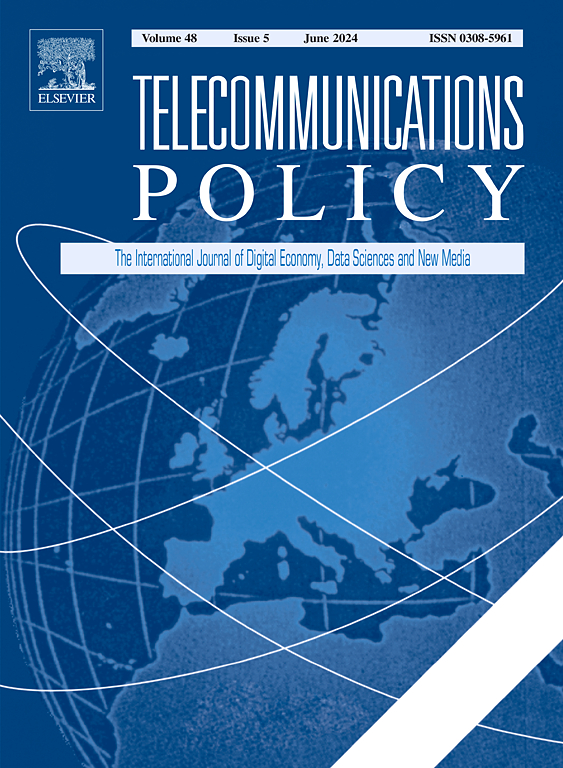Measuring incumbent ISP response to municipal broadband opt-out referenda in Colorado
Abstract
This paper examines how the quality of Internet service from existing providers is affected when voters in Colorado approve referenda eliminating a barrier to their local governments providing broadband service. Using a difference-in-differences framework, the research design exploits variation in the timing of a community’s approval of a referendum in order to examine whether incumbent private providers adjust their speed offerings in response to the signal that public entry is more likely. Faster upgrades could suggest that incumbents do so to deter public entry or that potential competition is quality-enhancing. Slower upgrades could suggest that public entry threats deter investment in quality. I find no evidence that cable providers’ upgrading behavior responds to the passage of a referendum. However, after a municipality passes a referendum, the largest DSL provider in the state offers speeds in that local area 11%–26% lower than what they would have been otherwise. I find weak evidence that small-time DSL providers substantially upgrade speeds after a referendum passes. Analyses of a referendum’s effect on subscription rates are inconclusive.

 求助内容:
求助内容: 应助结果提醒方式:
应助结果提醒方式:


